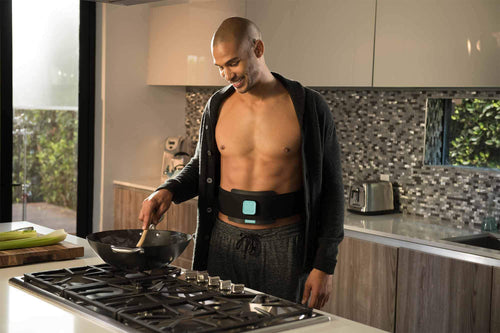“It may seem like we are kind of crazy. I suppose that we are,” says David Martin, the rising star of the ultra running world and newest addition to team Kalenji, the running brand owned by French retailer Decathlon.
“Sport has always been a big part of my life. It started with mountain biking - I competed at a junior level, but ultimately it wasn’t for me,” says David. “I initially started running on the roads, but as I’ve always loved the mountains, I thought to myself – why not run in the mountains, surrounded by nature? Now I am competing in 100km or 120km races. For me, it represents Freedom, with a capital F.”
David’s casual attitude may give the (false) impression that becoming an ultra runner is simple; something anyone can do. But he’s quick to highlight the enormous effort and dedication, both physical and mental that this type of running requires.
“If you’re running a five-km race, a weak core can go unnoticed, because you’ve finished running before your form can fall apart. But if you’re running 100 or 120km or multi-day races, it’s absolutely vital that your body is able to maintain a fluid stride, good posture and operate efficiently for anything between 14 to 18 hours,” he points out.
Runners are inclined to focus on building a strong heart or cardio system and strengthening leg muscles, but often overlook that in-between area: the core. That’s a mistake – a mechanical structure is only ever as good as its weakest link, and weak core muscles can lead to disappointing race results and, ultimately, injury.
“In my case, when I am running down the mountains really fast, a strong core means that the shock impact is not as severe on the quadriceps. Equally, when I’m running uphill, a strong core means that I put my back under less pressure. I try to do a 15-20-minute core workout everyday, (depending on my training phase) combined with a short, easy run or perhaps some cycling”. If you want to learn more about how to strengthen your core, take a look at these videos.
Remember, ultras are not so much about speed as they are physical endurance.
Of course when you have put your body through that level of stress, recovery is key – to help with this, David has used electromagnetic stimulation (EMS).

